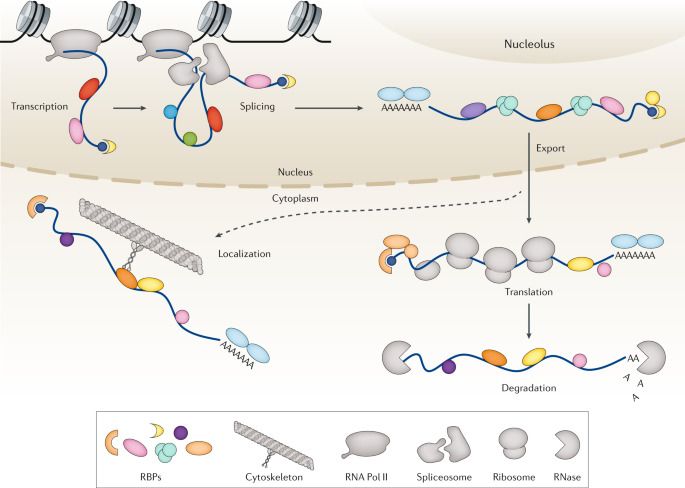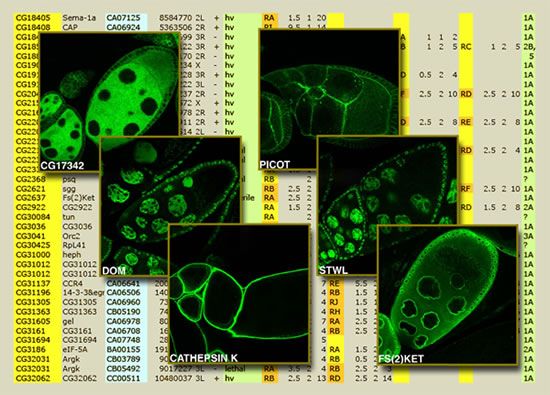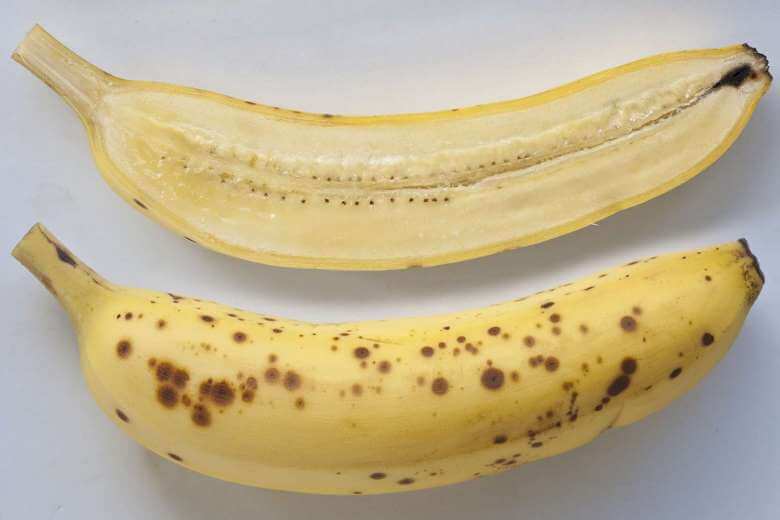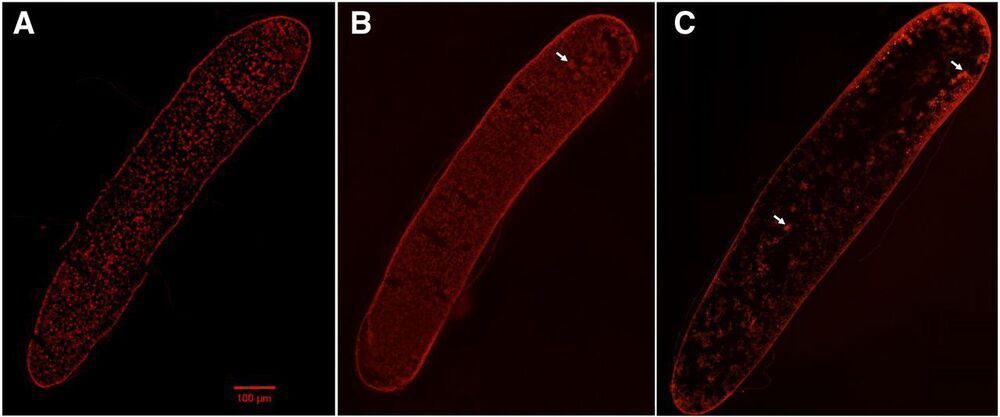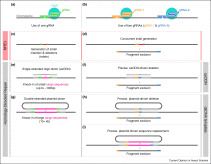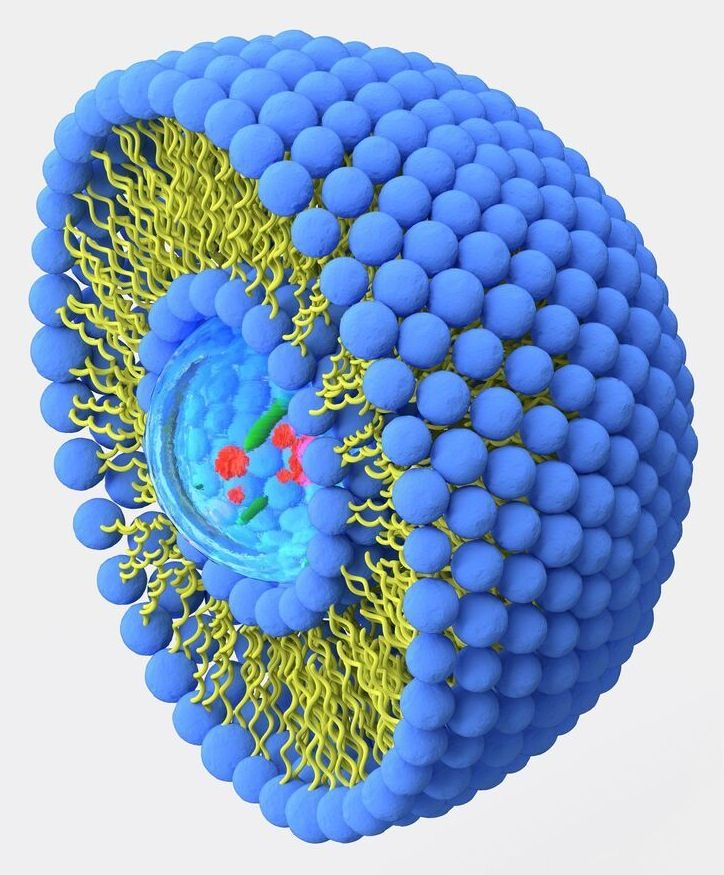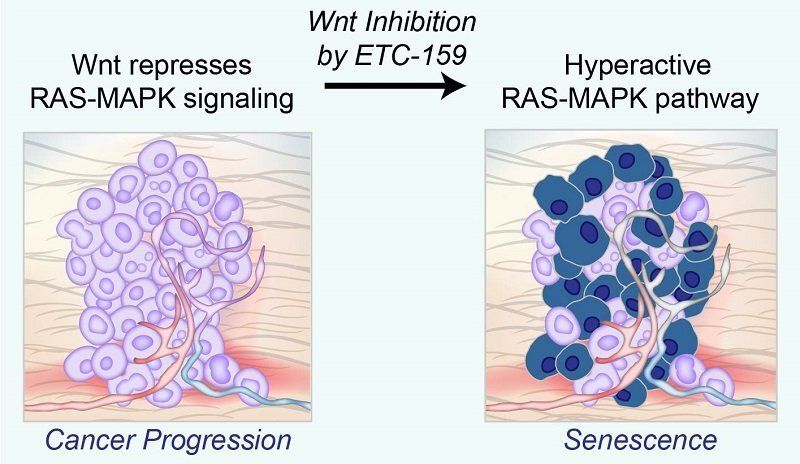Nov 25, 2020
RNA-binding proteins in human genetic disease
Posted by Genevieve Klien in categories: biotech/medical, genetics
RNA-binding proteins (RBPs) are critical effectors of gene expression, and as such their malfunction underlies the origin of many diseases. RBPs can recognize hundreds of transcripts and form extensive regulatory networks that help to maintain cell homeostasis. System-wide unbiased identification of RBPs has increased the number of recognized RBPs into the four-digit range and revealed new paradigms: from the prevalence of structurally disordered RNA-binding regions with roles in the formation of membraneless organelles to unsuspected and potentially pervasive connections between intermediary metabolism and RNA regulation. Together with an increasingly detailed understanding of molecular mechanisms of RBP function, these insights are facilitating the development of new therapies to treat malignancies. Here, we provide an overview of RBPs involved in human genetic disorders, both Mendelian and somatic, and discuss emerging aspects in the field with emphasis on molecular mechanisms of disease and therapeutic interventions.
